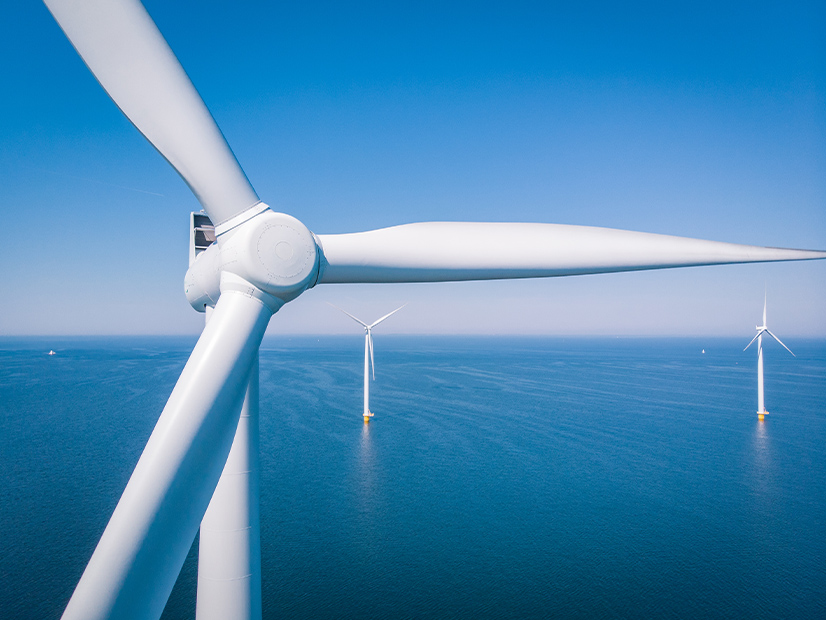
Massachusetts regulators on Friday denied Avangrid’s request to back out of power purchase agreements for the 1,200-MW Commonwealth Wind project it committed to build off the state’s coast.
Avangrid contends that it cannot obtain financing under terms of the PPAs negotiated with three electric distribution companies, and said it wants to rebid the project under the state’s next offshore wind solicitation.
In October, Avangrid sought to delay for one month the state Department of Public Utilities’ review of the PPAs, which DPU refused. Avangrid said in November that it would continue with the proceeding, then in December asked for dismissal, saying that the PPAs were insufficient to finance the project and that three companies — Eversource Energy, National Grid and Unitil — had refused to meet with it to work on a compromise.
On Dec. 30, the DPU approved the PPAs, saying Avangrid had not made its case and that “the companies have demonstrated that the pricing terms in the PPAs are reasonable for offshore wind energy generation resources.”
Avangrid spokesperson Craig Gilvarg disagreed, saying the company gave the DPU clear evidence that global economic and supply chain bottlenecks rendered the PPAs untenable.
“Avangrid is disappointed in the order issued by the Department of Public Utilities and continues to review the department’s decision while assessing its legal options,” he said via email Tuesday.
Avangrid has an extensive offshore wind portfolio in development worldwide, including the 800-MW Vineyard Wind I project under construction off the coast of Massachusetts.
Gilvarg said the company remains committed to making the Commonwealth Wind project work. “As we assess our options and pursue the best course for the project, we will continue to work closely with our business, labor, industry, environmental and community partners, as well as the incoming Healey-Driscoll Administration, to ensure Commonwealth Wind can move forward, maintain the same urgent timeline, and help Massachusetts meet its nation-leading climate target for 2030.”
Developers of another offshore wind project in Massachusetts, Mayflower Wind Energy, moved in parallel with Commonwealth Wind in the autumn of 2022, seeking to pause DPU review of their PPAs for the same reasons: high inflation, sharp interest rate hikes and supply chain shortages.
Developers of Mayflower, which would deliver 405 MW of wind power, have stopped short of seeking to void the PPAs, saying they would seek to resolve its issues through collaboration. But they emphasized those issues remain unresolved.
In a Dec. 23 DPU filing, Mayflower said that although it was taking a different path from Commonwealth, “Mayflower Wind respectfully must nonetheless agree with much of the factual analysis underlying Commonwealth Wind’s conclusion, especially as Mayflower is subject to these same facts, pressures and realities. … The project and tax equity financing required for the delivery of Mayflower Wind Project, along with the cost of such financing, has changed dramatically and unexpectedly as interest rates have risen sharply, presenting significant challenges to the Mayflower Wind Project’s economics.”
Mayflower also said Commonwealth’s motion to dismiss had disrupted the procurement process and asked the DPU to “allow time for coordinated, meaningful discussion among all interested parties” before making a final decision on the Mayflower Wind PPAs.
But the DPU approved the Mayflower PPAs in the same Dec. 30 order as it approved Commonwealth PPAs.



